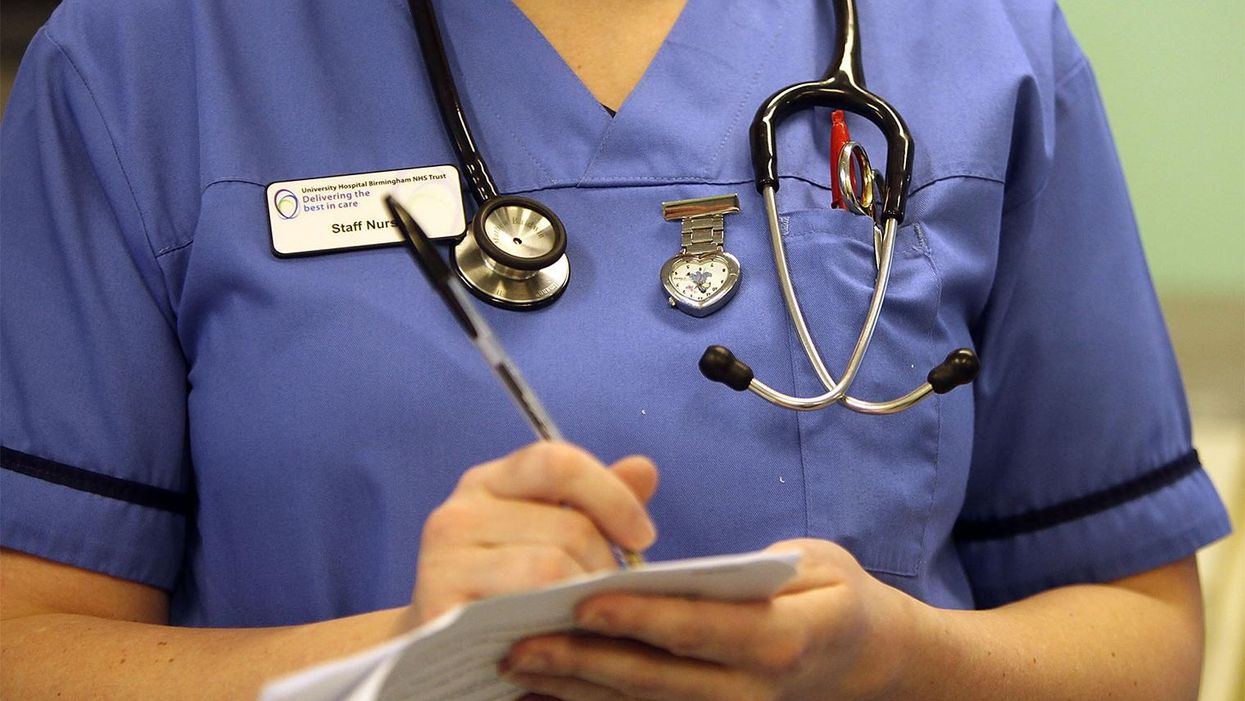News
Emily Dugan
Jun 22, 2015

Stringent new immigration rules will fuel a critical shortage of nurses in Britain, “cause chaos” in hospitals and cost the NHS millions, according to the Royal College of Nursing (RCN).
Up to 3,365 nurses currently working in Britain are likely to be affected by a policy which says migrants from outside Europe must earn £35,000 or more if they are to be allowed to stay on after six years working here. Nurses rarely receive such salaries – particularly not within six years of starting work in the NHS.
The loss of these skilled clinicians will compromise patient safety, the nurses’ union says. As nurses with rejected visas return to their home countries, it would also mean the NHS had wasted more than £20m on the recruitment of staff who can no longer stay on. The effects of the new rules will start to be felt in 2017.
Cuts to nursing training places have meant trusts rely more on overseas recruitment and temporary agency staff to plug the gaps. Agency spending on doctors and nurses has soared from £1.8bn to £3.3bn in the past three years. A cap on outsourced staff combined with the new immigration restrictions will mean hospitals are doubly limited in their ability to keep up safe staffing levels, the RCN says.
Dr Peter Carter, the chief executive and general secretary of the RCN, said: “At a time when demand is increasing, the UK is perversely making it harder to employ staff from overseas.
“The NHS has spent millions hiring nurses from overseas in order to provide safe staffing levels. These rules will mean that money has just been thrown down the drain. The UK will be sending away nurses who have contributed to the health service for six years. Losing their skills and then having to recruit to replace them is completely illogical.”
If no changes are made to current policies and a shortage of home-grown nurses continues, by 2020 the number of nurses affected by the threshold will be 6,620, employed at a cost of £39.7m.
More: Meet the woman fighting back against anti-immigration rhetoric
Top 100
The Conversation (0)













